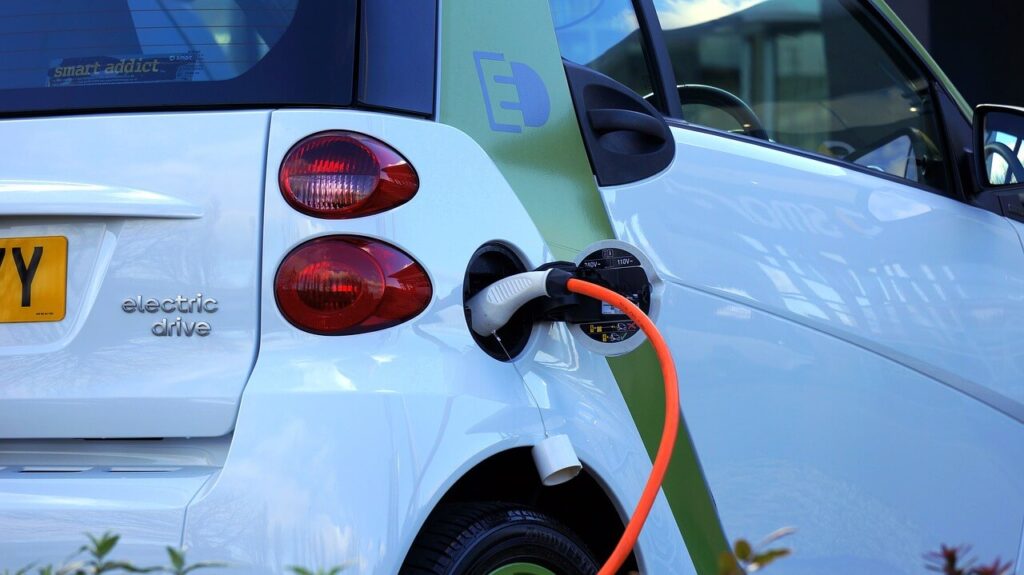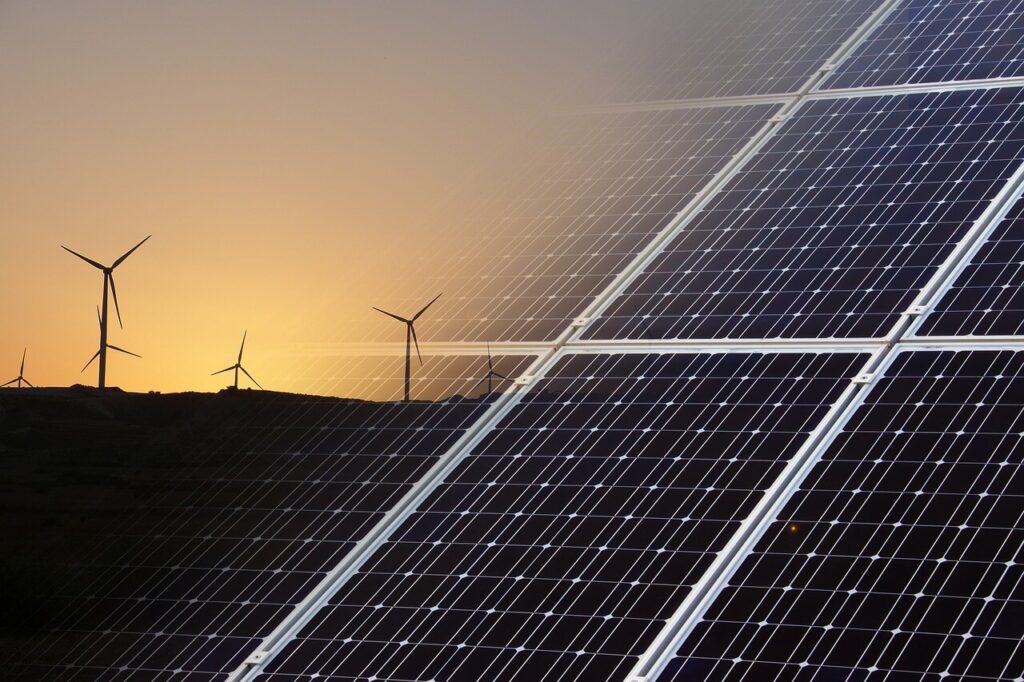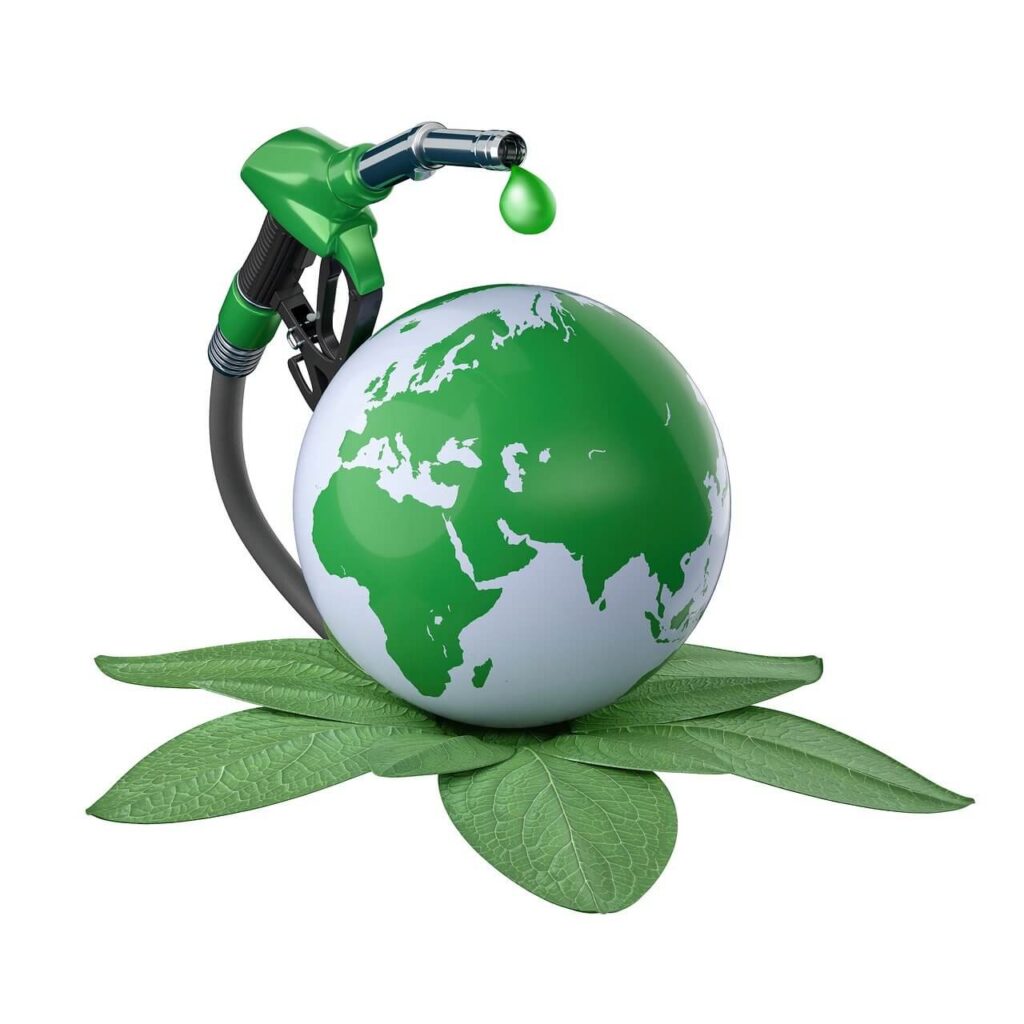Why Clean Energy is Better for the Planet
In a world facing growing environmental challenges, the need for clean energy sources has become increasingly evident. The burning of fossil fuels for energy production has not only led to a rise in greenhouse gas emissions but has also contributed to air and water pollution, habitat destruction, and the depletion of finite resources. It is, therefore, imperative to transition to cleaner, sustainable energy sources to mitigate these detrimental effects on the planet. In this article, we will explore why clean energy is a better choice for the environment.

- Reducing Greenhouse Gas Emissions: One of the most pressing reasons to embrace clean energy is its significant role in reducing greenhouse gas emissions. The burning of coal, oil, and natural gas for electricity and transportation is a primary contributor to carbon dioxide (CO2) emissions. These emissions trap heat in the Earth’s atmosphere, leading to global warming and climate change. Clean energy sources, such as solar, wind, and hydropower, produce little to no direct emissions, making them a crucial part of efforts to combat climate change.

- Air Quality Improvement: Fossil fuel combustion not only releases CO2 but also produces harmful pollutants, including sulfur dioxide, nitrogen oxides, and particulate matter. These pollutants can lead to smog formation, respiratory diseases, and even premature deaths. Transitioning to clean energy reduces the release of these harmful substances, leading to improved air quality and better public health outcomes.
- Sustainable Resource Management: Unlike fossil fuels, clean energy sources are renewable and abundant. Solar power harnesses the energy of the sun, wind turbines capture wind energy, and hydropower utilizes the kinetic energy of flowing water. These sources will never run out, ensuring a sustainable and consistent energy supply for generations to come. This stands in stark contrast to fossil fuels, which are finite resources that require extensive extraction and processing, contributing to habitat destruction and resource depletion.
- Preservation of Natural Habitats: The extraction of fossil fuels, such as coal and oil, often involves extensive land disruption and habitat destruction. Mining operations can lead to deforestation, water pollution, and the displacement of wildlife. Clean energy sources have a smaller ecological footprint, as they require less land and have fewer adverse effects on local ecosystems. By choosing clean energy, we can help preserve natural habitats and biodiversity.

- Water Conservation: Conventional power plants that rely on fossil fuels consume vast amounts of water for cooling and electricity generation. This high water consumption can strain local water resources, especially in arid regions. In contrast, clean energy technologies generally require less water, if any at all. This reduction in water usage helps conserve this precious resource and minimizes the environmental impact on aquatic ecosystems.
- Reduced Dependence on Non-Renewable Resources: Relying on finite fossil fuel reserves creates vulnerability to supply disruptions and price fluctuations. Clean energy sources are not subject to these same constraints. By transitioning to renewables, we can reduce our dependence on non-renewable resources, increase energy security, and stabilize energy prices.
- Job Creation and Economic Growth: The transition to clean energy creates jobs and stimulates economic growth. The renewable energy sector has seen rapid expansion in recent years, offering opportunities for employment in manufacturing, installation, and maintenance of clean energy infrastructure. Investing in clean energy technologies can contribute to long-term economic stability and diversification.
- Technological Advancements: Investing in clean energy drives innovation and technological advancements. As the demand for renewable energy sources continues to grow, researchers and companies are developing more efficient and cost-effective clean energy solutions. These innovations have the potential to transform not only the energy sector but also various other industries, paving the way for a more sustainable future.
In conclusion, clean energy is undeniably better for the planet due to its role in reducing greenhouse gas emissions, improving air quality, promoting sustainable resource management, preserving natural habitats, conserving water, reducing dependence on non-renewable resources, creating jobs, and driving technological advancements. The transition to clean energy is not only an environmental imperative but also an economic and social opportunity. By embracing clean energy, we can protect our planet for current and future generations while reaping numerous benefits along the way. It is time to take proactive steps towards a cleaner, more sustainable energy future.










